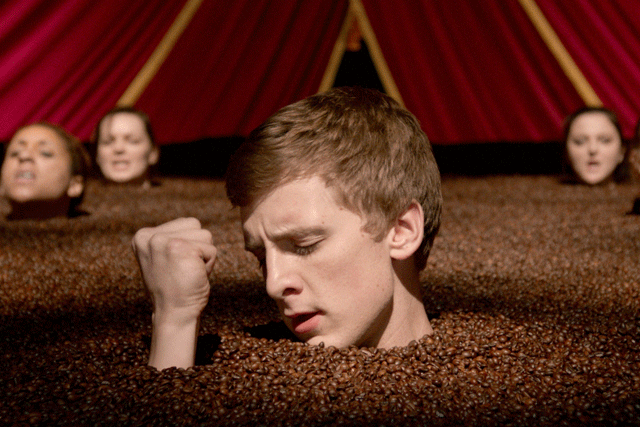
I let out a little cheer for marketing this morning. Costa Coffee’s parent company, Whitbread, announced double-digit growth in both revenue and profit, with Costa growing revenue at 24% and profit at 29%.
This is the brand’s 44th quarter of growth, selling us coffee with a premiumisation of hundreds of times the instant coffee of my youth; fuelling the UK market where one in five of us went into a coffee shop everyday last year.
Continuing to grow at this high rate, in a market where money is tight and selling on the high street is difficult, is a major challenge.
For me, the best aspect of this is that Costa has designed and delivered its marketing exactly as we were taught in our first years as assistant brand managers. This is the case study: done simply and consistently, so beautifully that the "Costa Coffee moment" is a high point of the day.
Firstly, Costa has established an outstanding physical presence. When you say "I want a cup of coffee", you want a great coffee and also a break that refreshes you mentally and physically for the next part of the day. So you don’t want to have to walk far – and the Costa Coffee network means that there is one there, just when you need that little pick-me-up.
There is a comforting authenticity in the history of the two Italian brothers: Bruno and Sergio Costa, who came to London in the 1970s and founded Costa coffee, selling their slow-roast Mocha Italia blend. This "friendly neighbour" feel is reflected not only in the in-store experience, but also in the proposition.
3.jpg) Costa brought us Italian coffees and new names and more challenging flavours, but made us feel like it was ours through tailoring the tastes and formats to things that we love as a nation. So, just as Chicken Tikka Masala is most commonly named as the British food of choice, we turn to Costa coffee as the shop of choice.
Costa brought us Italian coffees and new names and more challenging flavours, but made us feel like it was ours through tailoring the tastes and formats to things that we love as a nation. So, just as Chicken Tikka Masala is most commonly named as the British food of choice, we turn to Costa coffee as the shop of choice.
Finally, we were always taught that you need to communicate in a competitive environment. Costa has been consistently proud in reassuring us that we are making the best choice when we sip their coffee. They did the market research to prove and acclaim that they are "Britain’s favourite coffee" and then "the coffee drinker’s favourite". They were not afraid to be competitive and comparative with other coffee shops – making a stand for the coffee experience that they believe in.
The growth in British coffee shops is predicted to continue apace, with the market size for 2017 forecast as £8bn. Costa is not resting on its laurels, but has set itself the goal of doubling sales to £2bn by 2018.
While this sector will surely be attractive to many new entrants and challengers, Costa’s careful and caring attention to the brand and the whole brand experience has to leave the company well placed to take a lead in this ongoing growth.



.jpg)
.jpeg)
